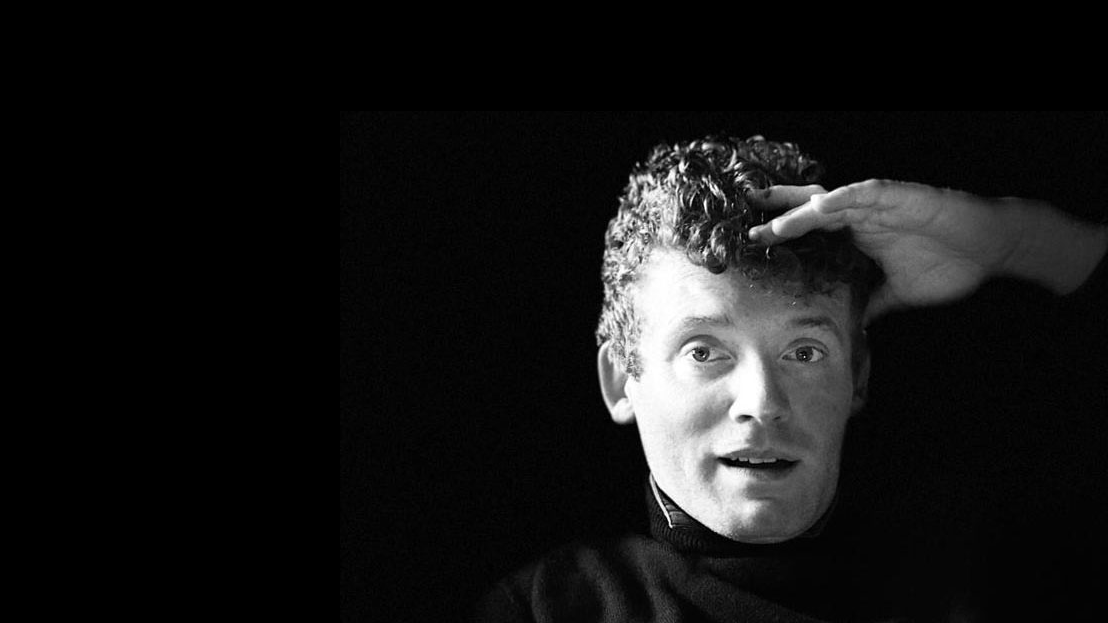These are challenging times. With uncertainty in the air and mental health being at the forefront of many people’s minds, we caught up with William Whitcombe, our Lead Chaplain and asked him for his thoughts during these difficult times.
Hi William, could you let our readers know a little bit more about you and your role here at UAL?
I'm the Lead Chaplain at UAL, and I work in the Counselling, Health Advice & Chaplaincy service. At UAL, chaplains are available to support students and staff by talking and listening. Chaplains are usually from a faith tradition, but I don't expect the people I meet with to be 'religious', many are not and that's fine by me.
Chaplains also organise meditation sessions which are open to everyone, and events that explore relationships between faith and the arts, see https://artschaplaincy.net/projects-link/
These are uncertain and challenging times, what advice do you have for anyone who might be struggling to adjust to isolation?
I could go on about calling friends, doing FaceTime and yes, these things are important ways of keeping in touch with people. But I think it's important to go a little deeper into ourselves at this time, and firstly to acknowledge that, yes, these are uncertain and challenging times. It's ok to have those difficult feelings that this time is bringing up in us, and perhaps to just sit with them, and accept them for a moment. But it's also important to ground ourselves in reality as much as possible - and the reality is that this time will pass. This is a highly unusual situation we find ourselves in, for sure, but it won't last forever. I think it's really important to remind ourselves and each other of that, each and every day.
Maybe we need to think about the word 'isolation'. In some ways it's not the most helpful word. Just the sound made by it's pronunciation (ice-o-lation) gives a sense of cold refrigeration and disconnection. Maybe there is a way we can think differently about this time, and how we approach it. In many faith traditions, it's not unusual to take a retreat. I know some who have taken retreats in monasteries, and some in their garden sheds often for days and weeks at a time.
The value here is in the time spent alone, reflecting on the inner self and the things that matter most to us. Sometimes it's amazing what we can discover about ourselves and what's happening around us. It's not often that we have the time to do that. Keeping a reflective journal may be useful. Is there someone that comes into your mind you haven't spoken to in a while? Chances are they will be delighted to hear from you. Perhaps this time of separation from things you are familiar with will give you the chance to gain some insights into what you want to do with your life, what changes you need to make, what needs to be done differently.
If you do find yourself wrestling with disturbing feelings or thoughts, then you can reach out for help. dYou can talk to a chaplain, or one of our colleagues in student services
What virtual services are available at UAL to help student through this time?
We offer online services via zoom, every day of the week and you'll find our events schedule on our website. Online meditation lasts for 20 minutes and is accessible to everyone - you do not need to hold a religious belief to take part. Online prayer sessions are obviously more faith specific.
Are there any other useful resources that you think our readers might want to check out?
Our website, artschaplaincy.net/covid-19 is a designated webpage for this time, with loads of links to useful resources and articles. We are open to suggestions as well, so please get in touch if you think we should add something that could be useful to others. The mental health organisation MIND also is a very good resource.
Thank you for talking with us, do you have any last words or final thoughts that you want to share?
In these times of being at home, I think structure is more important than ever. In my case that means having a physical, drawn up timetable split into 3 parts - the morning, afternoon and evening. I pencil in when I'll be working; taking breaks; cooking; eating; exercising; calling loved ones; doing something nice for myself and for another person; reading something; watching something. I find the time really does get taken up if I stick to a time table, to a routine.
And just to say, please feel free to make contact with me text, call, or email. I'd be glad to help.

